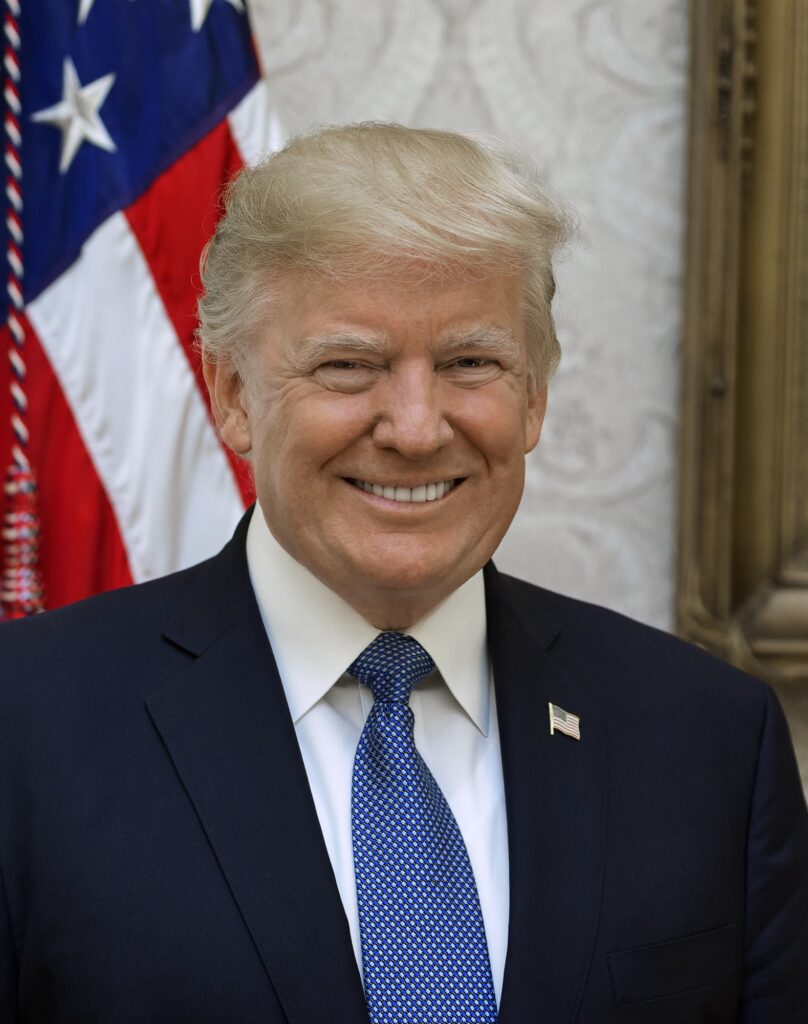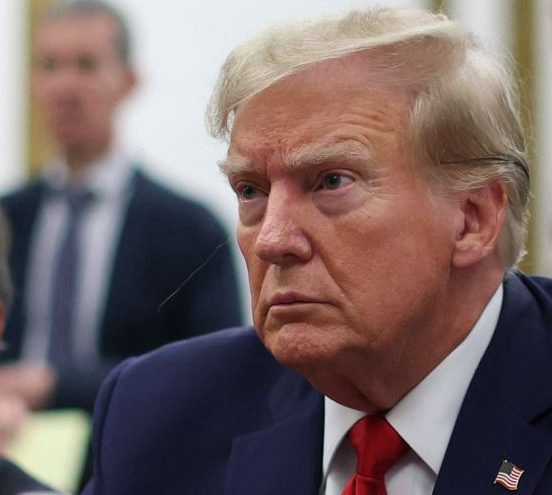Former U.S. President Donald Trump has been sentenced to “unconditional discharge” following his conviction in a high-profile hush money case. The verdict relates to payments made during his 2016 presidential campaign to silence claims of extramarital affairs. The court found that Trump’s actions violated campaign finance laws, though his sentence does not impose any further punishment or restrictions.

The phrase “unconditional discharge” means that Trump will not serve jail time or face probation, essentially being released without conditions. The ruling implies that while he was found guilty of wrongdoing, the court did not deem it necessary to enforce further penalties. Legal analysts suggest this is an unusual outcome for such a case, especially considering the political ramifications of the trial.
The case centers around a $130,000 payment to adult film actress Stormy Daniels to prevent her from speaking publicly about an alleged affair. Prosecutors argued that the payment was made to influence the outcome of the 2016 election and should have been declared as a campaign expense. Trump has consistently denied the affair and maintains that the payment was not related to the campaign.
The conviction adds to Trump’s mounting legal troubles as he seeks the Republican nomination for the 2024 presidential election. He faces multiple investigations and indictments on various charges, including his handling of classified documents and involvement in the January 6 Capitol riot. Despite the legal challenges, Trump remains a frontrunner in the Republican race.
Legal experts note that the unconditional discharge may have limited impact on Trump’s political future. However, the conviction could damage his reputation among voters concerned about ethics and accountability. His supporters, meanwhile, continue to dismiss the charges as part of a politically motivated campaign against him.





